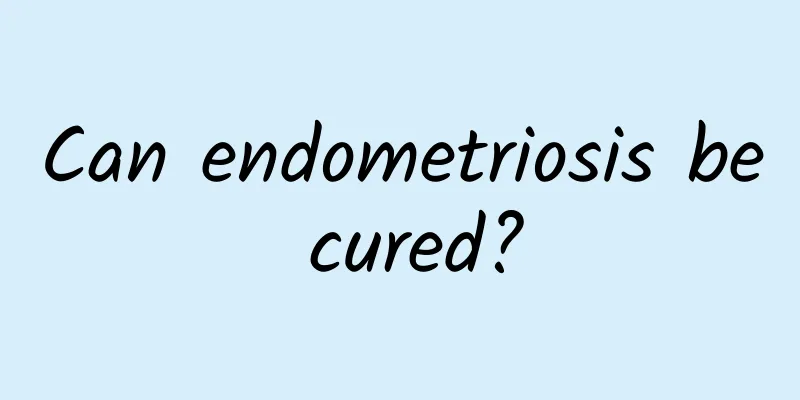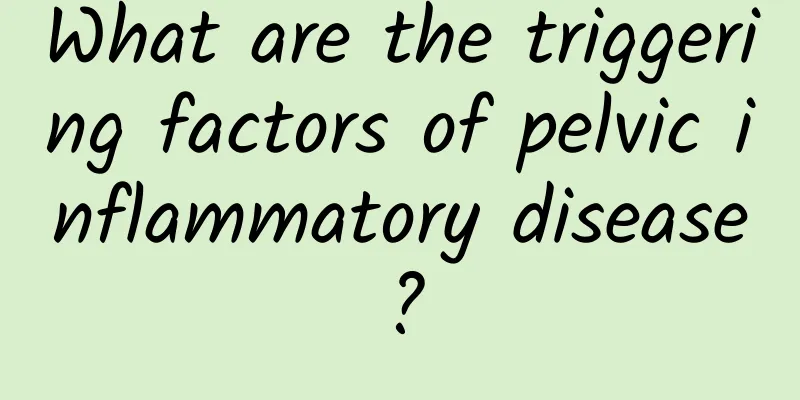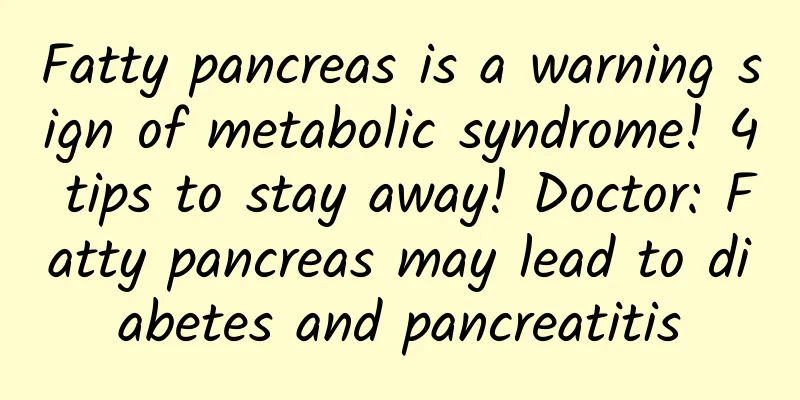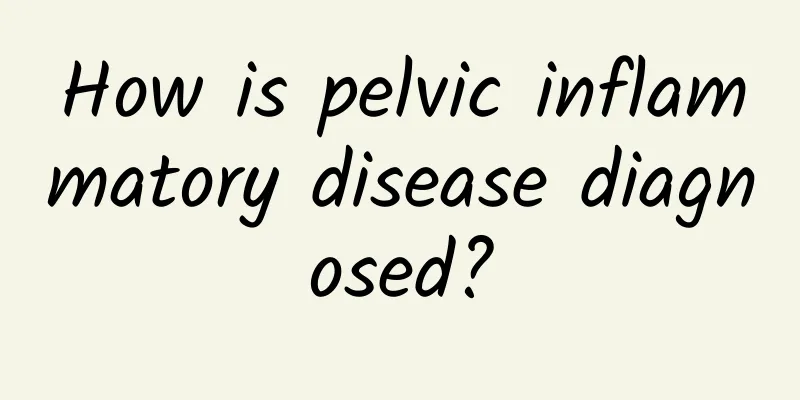Can endometriosis be cured?

|
Endometriosis is treatable, but it cannot be completely cured. Treatment is mainly aimed at relieving symptoms, improving quality of life and enhancing fertility. Depending on individual circumstances, medication, surgery or assisted reproductive technology can be chosen. 1. Drug treatment: Drug treatment for endometriosis mainly reduces symptoms by suppressing estrogen levels. Common drugs include: Nonsteroidal anti-inflammatory drugs (NSAIDs): such as ibuprofen or naproxen, are used to relieve menstrual cramps and chronic pelvic pain. Oral contraceptives: Long-term use of combined oral contraceptives can effectively inhibit the growth of endometriosis foci and thus relieve symptoms. Hormonal drugs: such as gonadotropin-releasing hormone (GnRH) agonists and progesterone drugs, reduce the growth of ectopic endometrium by inhibiting ovarian function. Drug treatment is suitable for patients with mild symptoms or who are not suitable for surgery, but symptoms may recur after stopping the drug. 2Surgical treatment: When drug treatment is ineffective or symptoms are severe, surgical treatment may be an option. It mainly includes: Laparoscopic surgery: remove ectopic lesions or restore the anatomical structure of reproductive organs through small incisions with minimal trauma and quick recovery. Hysterectomy: Suitable for seriously ill patients who do not intend to preserve their fertility. Conservative surgery: For young patients who wish to become pregnant, surgery that preserves organs and fertility function is preferred. After surgical treatment, drug treatment is still needed to prevent recurrence. 3 Assisted reproductive technology: For women with infertility due to endometriosis, assisted reproductive technology, such as artificial insemination or in vitro fertilization, can be considered to improve the chances of pregnancy. A scientific lifestyle can also help alleviate the condition. For example, maintaining a healthy diet, consuming more foods rich in antioxidants such as green leafy vegetables and fish, exercising moderately to improve immunity, and learning to relieve stress can also help improve symptoms. Endometriosis is a chronic disease, but through individualized treatment and lifestyle management, symptoms can be effectively controlled and the quality of life can be improved. If you experience symptoms such as severe menstrual pain and infertility, you should seek medical attention in a timely manner, get a clear diagnosis, and choose an appropriate treatment plan. |
<<: Ovarian cancer risk due to premature ovarian failure
>>: The main causes of hydatidiform mole
Recommend
Can I eat ginseng after having an abortion? It is best not to eat it
After having an abortion, women are weak and lack...
What are subserosal uterine fibroids? What are the symptoms of subserosal uterine fibroids?
Subserosal uterine fibroids are a common type of ...
Don’t let premature ovarian failure end your youth
The ovaries are the organs that produce eggs in w...
What are the symptoms of polycystic ovaries?
The most difficult problem to treat among many fe...
How long will it take for the last three pills of abortion to fall out? It depends on the specific situation.
After taking the last three pills of misoprostol,...
Frequent food safety issues have prompted the academic community to develop a national nutrition law
Gasoline and electricity prices are rising, and e...
Tell you the advantages of double-chamber decompression abortion
Double-chamber decompression abortion is a new ty...
Will taking birth control pills delay menstruation? Menstrual disorders
Taking birth control pills will cause an increase...
Cervical cyst hypertrophy and hardness
The enlargement and hardening of cervical Nabothi...
How to solve menstrual cramps during menstruation How to relieve menstrual pain during menstruation
Menstrual cramps are a common problem for many wo...
Four main symptoms of ovarian cysts
There are four main symptoms of ovarian cysts. Kn...
What ointment to use for vulvar leukoplakia
Vulvar leukoplakia is a common gynecological dise...
If you suffer from cervical hypertrophy, you should get treatment as soon as possible.
Many patients with cervical hypertrophy tend to i...
What are the methods for checking premature ovarian failure?
You should actively master the examination method...
Can uterine fibroids cause uterine bleeding? What are the most common symptoms of uterine fibroids?
Uterine fibroids are a very harmful disease among...









